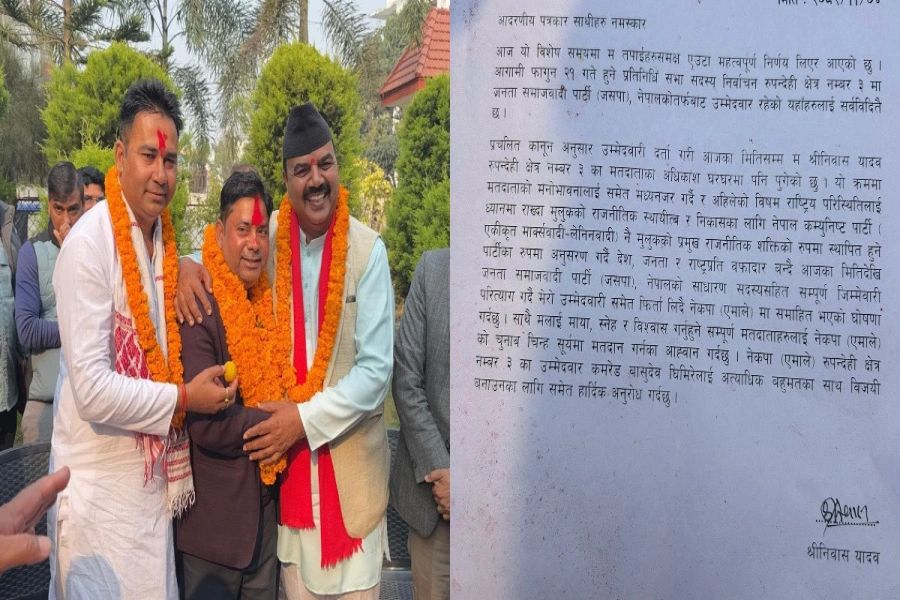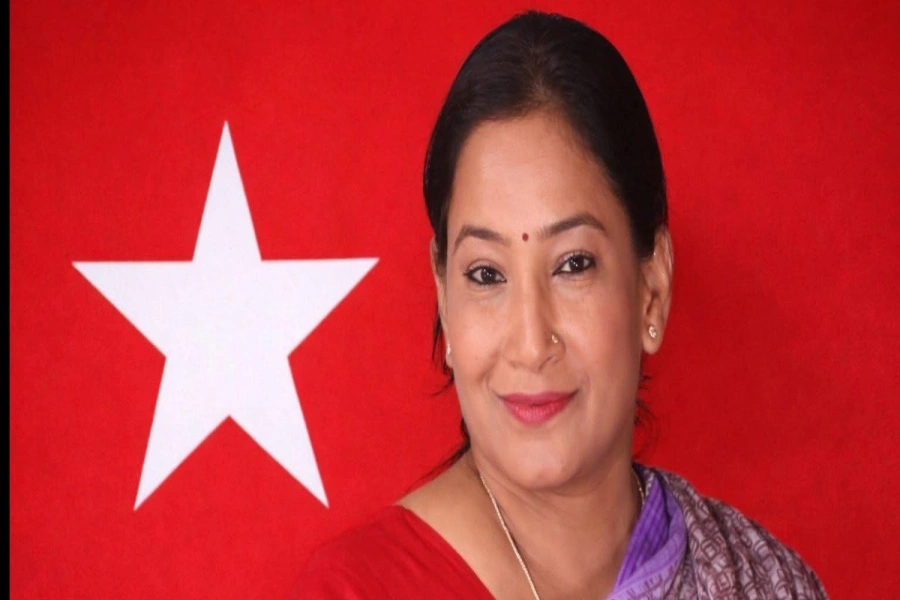KATHMANDU, Nov 20: The ban on export of onions by the Indian government one and a half months ago has resulted in massive price hike of the vegetable in the Nepali market.
About 98% of onions consumed in the country is imported from India as its domestic production is extremely low.
According to the Kalimati Fruits and Vegetable Market Development Board, the retail price of dry onion was Rs 185 per kilogram in Kathmandu on Tuesday.
Price of Chinese onions record high in Nepali market

“We cannot do anything regarding the price hike of onions in the market. As 98% of onions that we consume is imported from India, we are totally dependent on them. Indian government has banned on export of onion, so either we have to wait for lifting of the ban by the Indian government or import onions from other countries,” said Binaya Shrestha, deputy director of the board.
As per the data of the board, 44 tons of onion were imported on Tuesday, 57 tons on Monday, 105 tons on Sunday, and 31 tons on Saturday. Likewise, 37 tons were imported on Friday and 41 tons on Thursday last week.
“The import of onions varies from day to day, there isn't any fixed amount that we receive on a daily basis. After the Indian ban, the supply isn't smooth, and high demand has created market imbalance,” added Shrestha.
Kathmandu Valley alone consumes 270 tons of onion in a day. But the volume has gone down considerably due to supply crunch and price hike, according to traders.
Nepal is dependent on India not only on onion bulbs, but also on onion seeds. Almost all farmers, who are producing onions to meet 2% of the domestic demand, are using seeds imported from India.
According to officials of the board, Nepal also imports an insignificant amount of onions from China.
“We import very low quantity from China as the Chinese onions are larger in size and have a lot of water in them, which is generally not preferred in Nepal. We are importing from India since long ago, and it has gone deep in our taste buds. However, one big reason may be that Nepali importers have better contacts with the Indian suppliers than the Chinese,” said Binaya Shrestha.
Nunu Subedi, a former teacher who is currently pursuing a degree in law, said that she has stooped purchasing onion after the price hike. "I don't buy onion these days after the price rise. I am looking for alternatives to onion. The government only imposes taxes on us. It should also think about controlling excessive vegetable prices," she said. "For now, we can do nothing than to wait for the price to decrease."



































